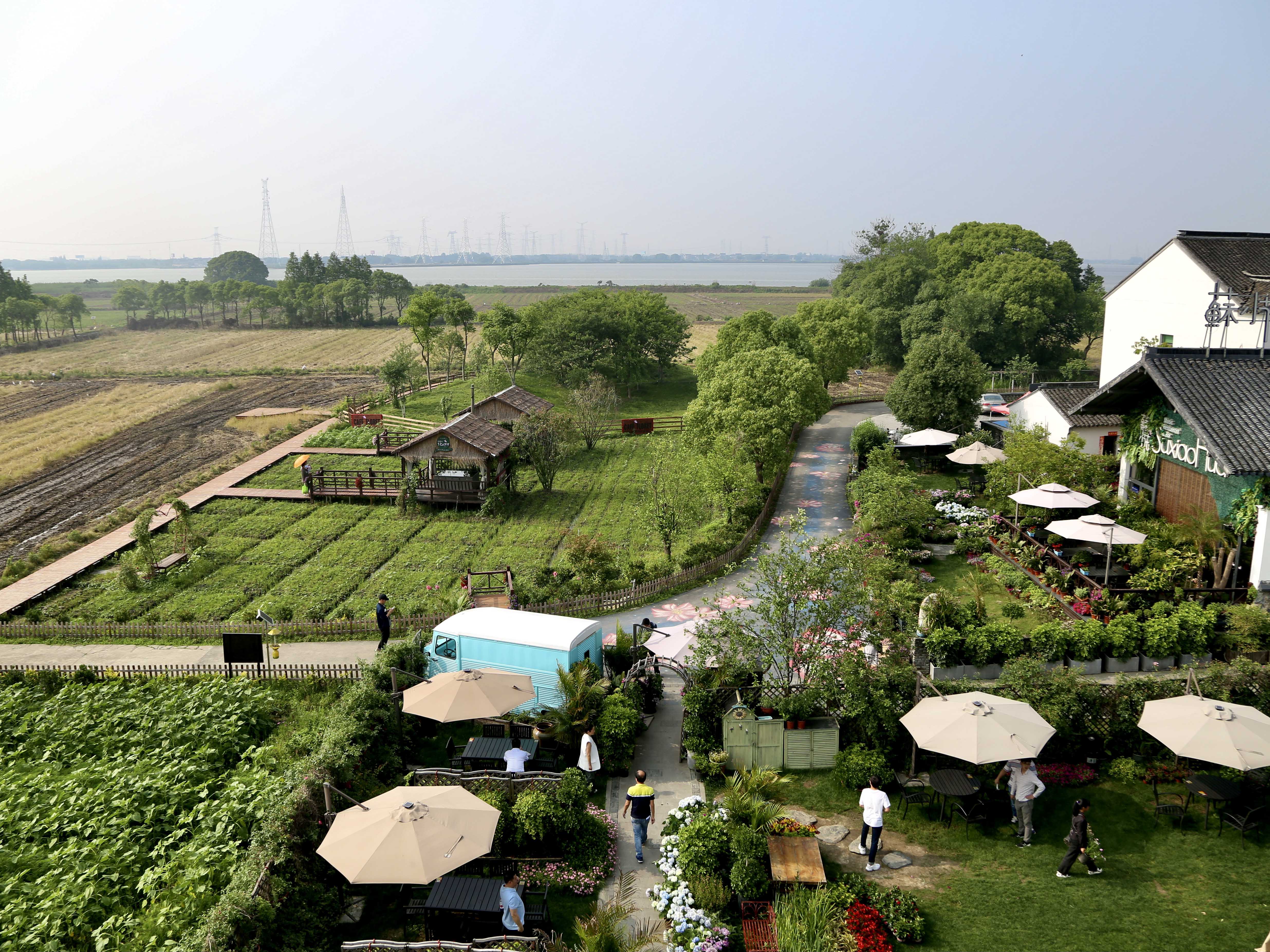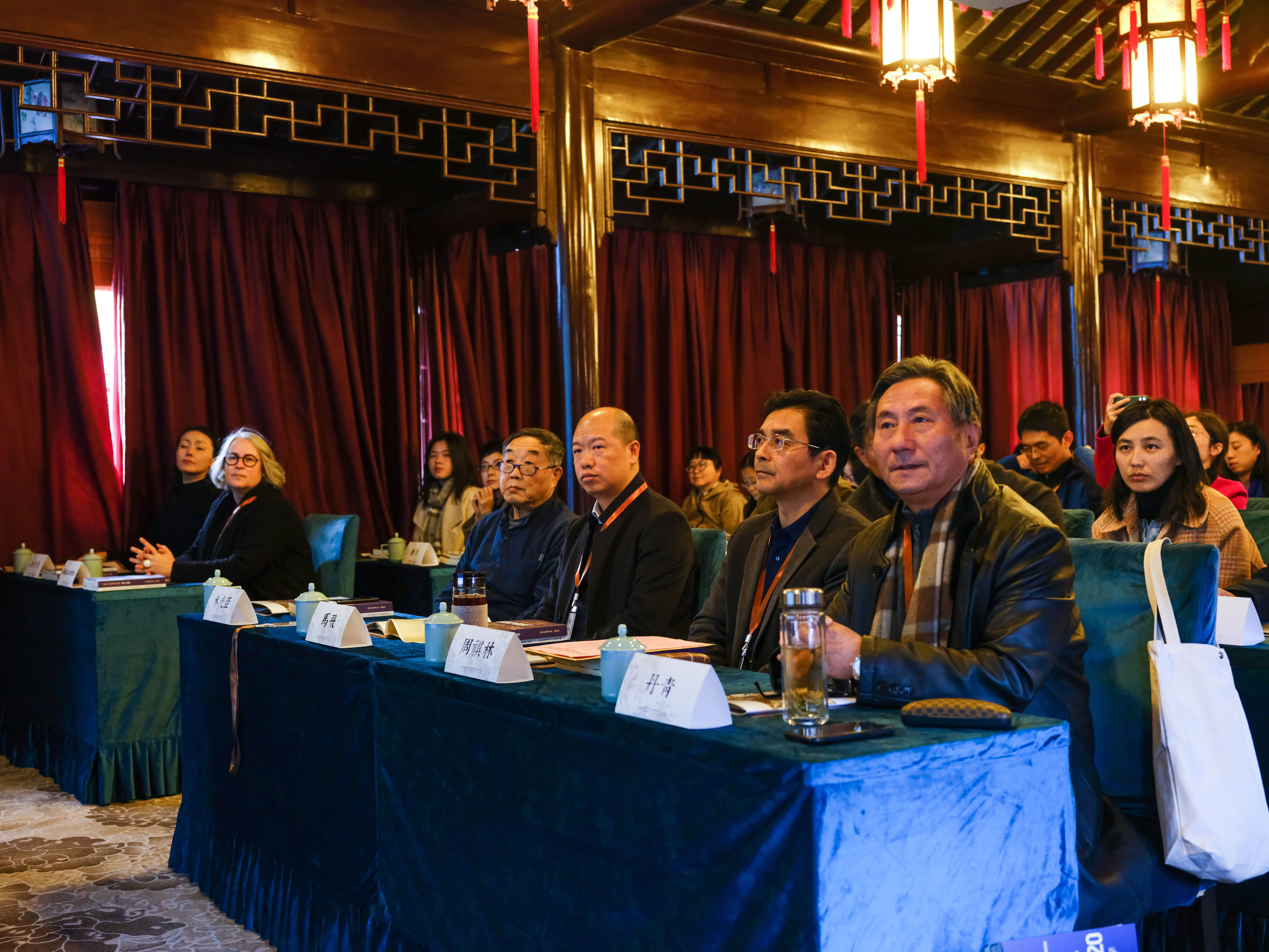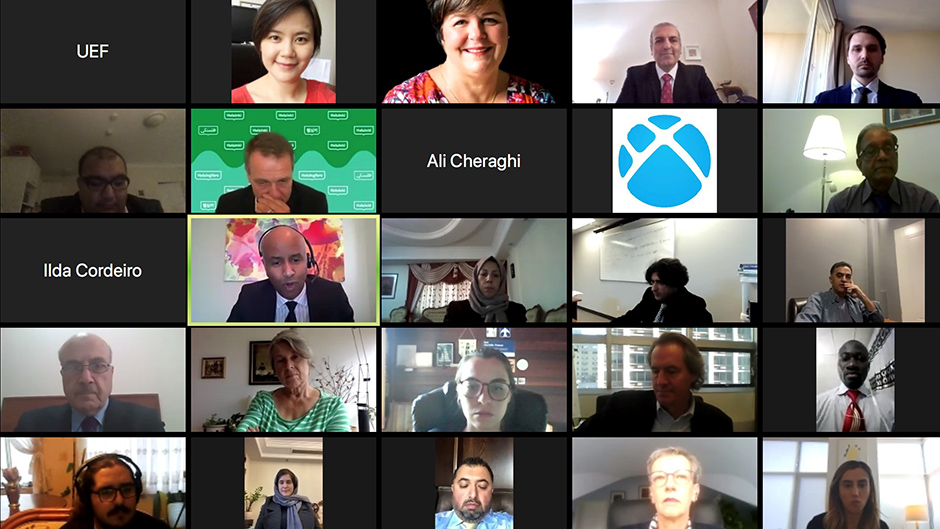07 Jul 2021
“Zhangjiagang Bay: Practice of Ecological Restoration in China”, a restoration project proposed by Urban and Environmental Studies University Research Centre (UES) at Xi’an Jiaotong-Liverpool University, was selected as a Sustainable Development Goals (SDG) Good Practice in the second open call by the United Nations Department of Economic and Social Affairs (UNDESA) on 22 June.
UNDESA assists countries around the world in agenda-setting and decision-making with the goal of meeting their economic, social and environmental challenges. It supports international cooperation to promote sustainable development for all, having as a foundation the 2030 Agenda for Sustainable Development and the 17 SDGs.
The second open call for SDG Good Practices was conducted from 2020 to March 2021 and received more than 700 valid entries worldwide. Entries selected for SDG Good Practices will be displayed on UN official platforms such as the UN High-level Forum, General Assembly and UN publications.
The submitted project is based on analysing the practice of ecological restoration in Zhangjiagang Bay. After careful evaluation of the project, the UN cross-departmental review panel found the project matched nine exemplary goals of the 17 SDGs.
As the submission required detailed analysis and time was limited, UES built a team where the director, researchers and experts joined forces to conduct research and field study. With strong support of local units, the team interviewed all parties involved with the Zhangjiagang Bay project to collect valuable and detailed information.
To showcase the sustainable development practice of Zhangjiagang Bay to the world comprehensively, the team also invited a number of experts from international institutions for guidance on improving the submitted materials. The team also had discussions with the government research office to ensure the "high-standard planning, high-level starting and high-quality promotion" requirement of the submission.
Zhangjiagang Bay is the last bay before Yangtze River enters the sea and is known as “the first bay where rivers meet the sea”. In the past few decades, with the rapid growth of port industries, environmental and ecological issues have become increasingly prominent. To address these problems, Zhangjiagang has specially formulated a plan and launched an ecological upgrading project in line with the national strategy of “Great Protection of the Yangtze River” and the general principles of ecological restoration along the coast.



(Pictures of Zhangjiagang Bay before and after ecological restoration)
With the concerted efforts of all parties, the submitted practice, incorporating international perspectives, world languages and the spirit of Zhangjiagang, has been selected and will be promoted at the global platform to demonstrate and exchange its vivid explorations and active roles in promoting high-quality development.
“UES is committed to the study on China’s local development and urbanisation issues,” says Dr Yunqing Xu, Director of Urban and Environmental Studies University Research Centre at XJTLU.
“Making full use of its international platform, it both seeks for more intelligent, sustainable and high-quality paradigms for local development, and promotes local practices to leverage international researches and innovative actions,” she says.
Story and photos provided by Urban and Environmental Studies University Research Centre
Translated by Ke Tang
Edited by Patricia Pieterse and Yi Qian
07 Jul 2021
RELATED NEWS

走乡村公路,看乡村振兴:西浦教师走进吴江讲授实境课堂
5月24日,西交利物浦大学与1048苏州交通广播、苏州市交通运输局、苏州广电总台、吴江区交通局、市公路中心等单位共同打造的“行走的党建课堂”在吴江区震泽镇亮相。西浦设...
Learn more

西浦联合举办2020亚太地区古建研修班 助力长三角地区遗产保护
2020 亚太地区古建筑保护与修复技术高级人才研修班暨长三角地区古典园林人才研修班于12月5日开班,通过为期9天的授课,以“建成遗产的保护与地方可持续发展-苏州园林研究...
Learn more

如何改善城市宜居性?西浦学者出席联合国城市经济论坛并发言
10月5日至6日,2020联合国城市经济论坛(UEF)在加拿大多伦多举办,西交利物浦大学城市与环境校级研究中心主任徐蕴清博士再次受邀参加并作发言。今年是联合国成立75周年...
Learn more








